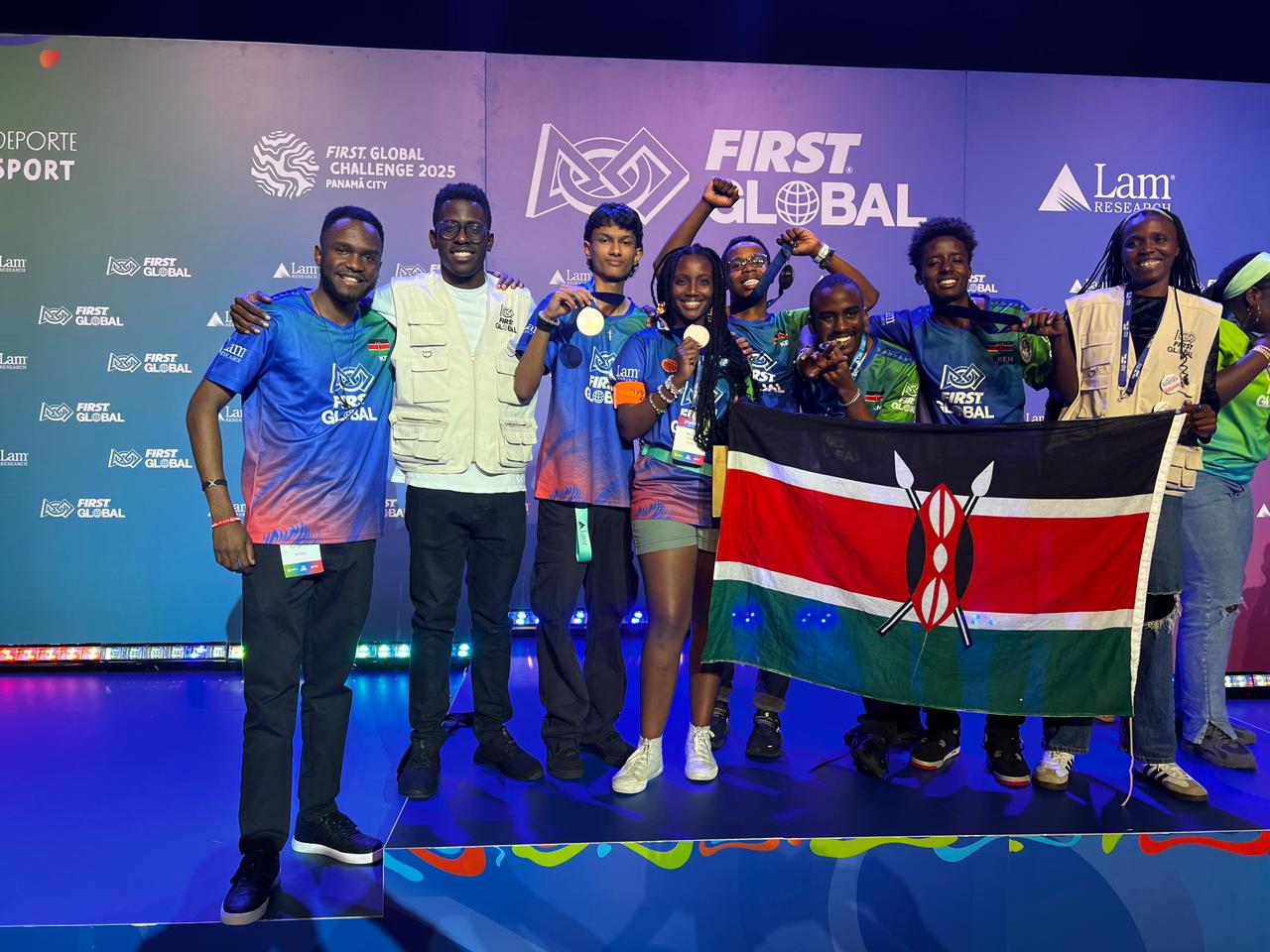Synergy is the creation of a whole that is greater than the sum of its parts. — Ray French, Charlotte Rayner, Gary Rees, Sally Rumbles, et al., Organizational Behaviour (2008)
Defining and assuming roles
Much has been already written about effectiveness of teaching in Africa or the approaches concerning methods of implementation of various educational programs and solutions. The importance of high quality education is undeniable (this issue will be investigated in the next article – The importance of education). However, when discussing this matter we should also take a closer look at the roles we assign each other to: who is the teacher and who is the student? Or maybe such categorization is not needed at all?
Teacher, student… both?
It is a natural tendency to assume roles, this is dictated by human psychological construction and social norms we live in. People conform to certain rules and patterns dictated by the society. Actually, a role once assumed is difficult to be given up on and stepping aside or changing one’s point of view becomes a challenge. This exact mechanism can be also observed in processes related to education. One side becomes a teacher and provider of knowledge whereas the other becomes a recipient. Such system is undeniably efficient in many cases such as primary school education or language courses. Nevertheless, its effectivity is highest under the condition that there is only one side that is able, thus entitled, to provide knowledge to another. What would happen if the second party also had valuable knowledge to share? Is it then the most efficient solution to let only one side remain in the teaching and superior position? This question brings us back to the issue of teaching in Africa. Basing on the traditional model, many institutions tried to copy it in this particular environment – some with considerable success, some with little less satisfactory outcome. Here is why, in Transfer Multisort Elektronik, we decided to approach this matter from a different angle, starting from erasing the traditional model of roles. What is the model that should be applied then? The answer is contained in one word – synergy.
Synergy – together we’ll go further
According to the Cambridge Dictionary synergy can be defined as
the combined power of a group of things when they are working together that is greater than the total power achieved by each working separately.
In other words, creating something in cooperation provides a multiplier that positively affects the final outcome of the project. This is why the recently launched TME Education Program shifts the importance from superiority and leadership of the teacher to the possibilities and creativeness that can be generated by well-conducted cooperation. Our philosophy is to provide both tangible and intangible tools to creative young people, who are willing to shape new quality. So how is this program different from others? The series of initiatives proposed by TME are not the solution themselves but they are designed to facilitate the search for one that can cure the most crucial problems of local communities (read more in The Importance of Education). The approach deriving from synergy doesn’t only enable the parties to achieve better results but also opens various options dependently on where and how the same tools are used. Therefore, we can obtain different effects in different regions and the outcome will be determined only by the ideas and initiatives of the local youth.
Two teachers, two students – what can Africa teach us?
So far we have mentioned the active part of TME, the idea of providing young people with tools to develop their own ideas. However, it would be a huge omission if we didn’t talk about what our partners in Africa can teach us. It is no novelty that in order to serve a given community it is essential to learn its culture and customs. Therefore, in order to obtain such knowledge, we need to become a student ourselves and be open to new information. With this kind of approach we are more likely to invent better and more suitable solutions. What is also interesting, later they can be often used in different societies or even regions. For instance, a good example to investigate can be M-Pesa (pesa – money in Swahili), a mobile application launched by Safaricom (owned by Vodafone) that became one of the most popular tools of money transfer in Kenya. The great performance of the application was rooted nowhere else but in deep research of the customs and needs presented by the local community. Now, encouraged by the success of M-Pesa, Vodafone decided to extend its service to India. This very example serves as inspiration not only to switch the roles but also to actually forget about assigning them. This way all parties can become teachers and students at the same time, exchanging cultures, technology and creating new, fresh quality.



